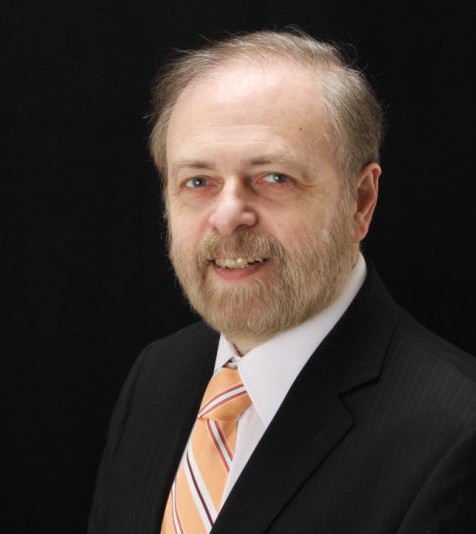By Rabbi Mordechai Levin
One of Pesach’s most important symbols is the matzah, which we eat during the festival’s eight days. The commandment to eat matzah appears 10 times in the Torah. Jewish tradition requires eating matzah on the first two nights of Pesach. On the other days of Pesach there is no obligation to eat matzah, the only requirement is not to eat hametz. Hametz is food made from grain, in which leavening or fermentation induced by the presence of water has taken place.
Several times in the Torah, as well as in the prayers, Pesach is called “Hag Hamatzot”, the festival of matzot. The commandment of eating matzah is a central part in our seder. Yet what is the significance and symbolism of matzah?
Near the beginning of the Seder, the Haggadah instructs us to declare: “This is the poor bread which our fathers ate in the land of Egypt.” Matzah is then a remembrance and reenactment of the suffering in Egypt.
Eating matzah during the holiday of liberation stimulates appreciation for the flavor of freedom and calls us to empathize with those in need. The moral consequence follows in the text of the Haggadah, saying: “Let all who are hungry enter and eat; let all who are in need come and join in the Pesach with us.”
Later in the Seder, the Haggadah asks: “This matzah which we eat – for what reason?” And it answers with these words: “Because the dough of our fathers did not have time to become leavened before the King of kings, the Holy One, Blessed be He, revealed Himself to them and redeemed them. As it says: ‘They baked unleavened cakes of the dough that they had brought out of Egypt; it was not leavened, because they were driven out of Egypt and could not wait, nor had they prepared any provisions for themselves.’” (Exodus 12:39).”
So also matzah symbolizes the velocity with which we became free men. This liberation occurred in such a speed that our ancestors did not have time to wait for their dough to rise into bread, and therefore took matzot with them.
In our time, too, there is slavery and poverty on earth. Eating matzah during the holiday of liberation heightens our appreciation for the flavor of freedom and reminds us to empathize with those in need. The remembrance of the past challenges us to take action in the present.
The Torah instructs us (Leviticus 25:10), “You shall proclaim liberty throughout the land to all its inhabitants.” We have to make the world a better place so that we — and future generations — may enjoy more justice, compassion and peace. On this upcoming Pesach, let us commit ourselves again to this mission.
 is the rabbi of Congregation Beth Israel in Munster, IN. He received his rabbinic ordination from the Latin American Rabbinical Seminary, and is a member of the Rabbinical Assembly. In 2010, he was awarded an Honorary Doctorate of Divinity from the Jewish Theological Seminary in New York City for his years of dedicated service to the Conservative movement and the Jewish community...
is the rabbi of Congregation Beth Israel in Munster, IN. He received his rabbinic ordination from the Latin American Rabbinical Seminary, and is a member of the Rabbinical Assembly. In 2010, he was awarded an Honorary Doctorate of Divinity from the Jewish Theological Seminary in New York City for his years of dedicated service to the Conservative movement and the Jewish community...